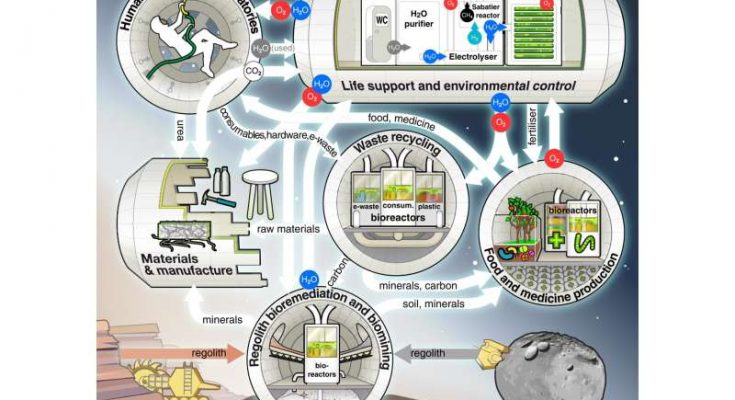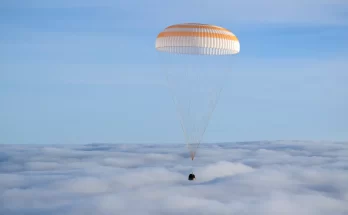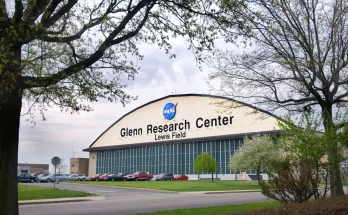Global warming, pollution and diminishing resources are generating great urgency among scientists seeking solutions by expanding frontiers of exploration and developing new technologies.
In doing so, they are thinking big: They are asking not only how to solve these problems at home, but also how to bring efficiency and sustainability to space exploration.
But it turns out some solutions stem from thinking small.
Researchers from five continents issued a report this week in Nature Communications stating that technologies based on microbes can make future life in space more economical and sustainable.
They envision microbe colonies raised in space being used to create new drugs, generate clean air through recycling, and even create “protein- and lipid-rich microbial biomass for food production” by harnessing microbes living on human waste.
“We wanted to tell the scientific community … that microorganisms can really support human space exploration, and particularly that they can support it in a sustainable way,” said Rosa Santomartino, the lead author of the report and researcher at the UK Centre for Astrobiology in Edinburgh, in a recent interview.
“Microbes are really amazing and perform a lot of tasks for us on Earth, often with us not even realizing it,” Santomartino told CNET. “Microbes are widely used in the drug industry, for instance, to produce insulin and antibiotics, as well as for the extraction of metals from mines, and more recently there have been efforts in using them to build structures.”
In all, the researchers discuss nine approaches to make space research “more circular,” that is, more self-sustaining. Among the key concepts are:
- Microbial processes can mine rocks to detect and extract valuable elements and can do so more efficiently than current mechanical processes. Biomining for copper, gold and nickel, the report says, is already cost-effective on a commercial scale.
- Utilizing biogeochemical processes to create binding agents can be used for structural repair. This would reduce reliance on costly raw materials currently used for building construction and maintenance.
- Microbes make great recyclers. Current processes may recycle the same plastics only a few times before their quality degrades to unacceptable levels. But plastic-eating microbes break the material down into its original elements that in turn can be used to generate sound, new plastic.
- Anaerobic bacteria feast on human waste. In doing so, they can generate electric charges. These electricigens can economically power lights and appliances, all while reducing organic waste.
- Microbes can be used to remove toxic compounds from soil such as heavy metals, radioactive compounds, acids and various pollutants.
- Air bioremediation. This can cleanse the air in space habitats. While current approaches to remove carbon dioxide from the air are not highly efficient, as much hydrogen and carbon are lost, and must be replaced. Microbial remediation can strip carbon dioxide from the air while preserving carbon for manufacture of food and supplements.
The researchers don’t hide their strong belief in the utility of a microbial approach to space exploration. “The debate about the public benefits of space travel and exploration is healthy and necessary,” the report states, “but in the field of sustainability, space advocates may now have an opportunity to win this debate for a generation.”
#GlobalWarming; #Pollution; #NewTechnologies; #spaceexploration; #Microbes; #humanwaste; #carbondioxide; #spaceadvocates





